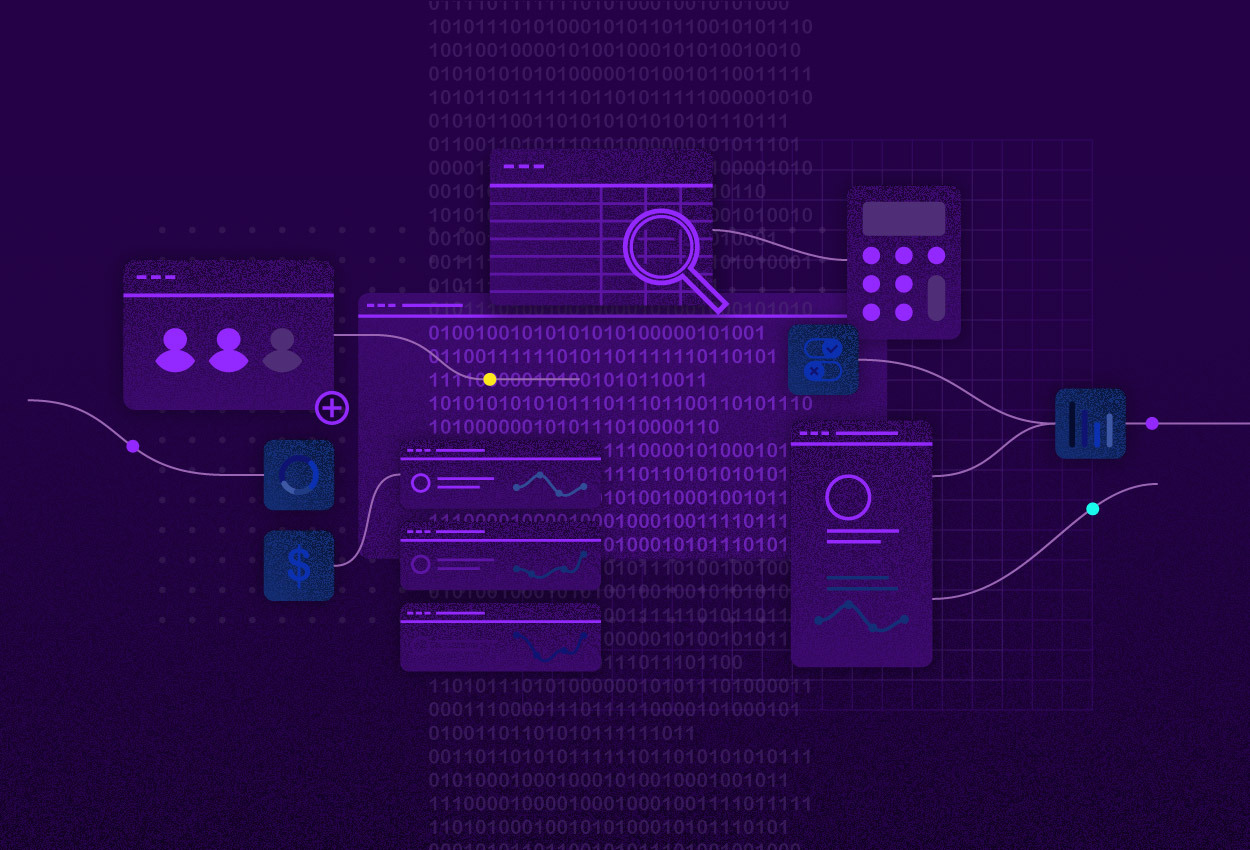Flux Federation | 28 June 2021


Collecting huge amounts of data every day, the energy industry is rife with potential for innovation in AI and machine learning. Not surprisingly, there’s a lot of talk in energy retail about the power of such technology as a tool to delight and empower consumers in the energy future. What’s talked about less is how energy companies might practically use such technology, and the foundational requirements they’ll need to enable it. It’s easy, and advised, to get excited about high tech developments like smart home solutions, predictive applications and demand-side automation—indeed, engaging consumers in their energy purchase is arguably essential to succeeding in the energy transition. But we believe there is as much to be gained from less celebrated, lo-fi tooling, and the clincher? What you need to get started could be sitting right at your fingertips.
With the growth of smart meter technology and increasingly digitised tooling at every stage of the energy lifecycle, our industry is collecting huge amounts of information on a mass scale, every second of every day. Pair this with supporting information from adjacent industries, like weather and traffic forecasting, IoT devices, smart home technology, battery storage and e-mobility, and the potential for automated and predictive services is limited only by the imaginations of those building the energy tooling of the future. With such a vast open playbook, where’s a future-focused energy retailer to start?
As Flux CCO Jessica Venning-Bryan puts it in her report on Customer-focused and data-driven business transformation, “In the context of building generation assets or managing grids, data-driven business practice is what the energy industry has always been about. As an engineering industry, aggregating information and using it to solve problems is like putting one foot in front of the other.” The spirit of data-driven business is simple—identify the problems your customer is facing and provide them with a solution before they know they need it. Our advice to get going is to embrace the simplicity.
In terms of ROI, there is arguably as much value in simple, lo-fi tooling that requires less up-front resource—the low-hanging fruit of the data world—compared to more complex AI and predictive analytics solutions. A simple application that translates information in a relevant format can help solve immediate problems for consumers, and be highly engaging in the process. A multi-site business, for example, that is looking to reduce their operating costs will be interested in energy cost per square meter, served up in an intelligible format - simple to calculate, easy to communicate, yet highly applicable for the consumer. The key is to think about the problems your customer is facing, and what information you hold as an energy retailer that might be immediately relevant to their needs, without them having to adopt new technology or ways of working.
The issue that too many energy retailers run into when converting data into something useful is access. In order to utilise a data set, you need to be able to access, interpret and apply information, regardless of its source. We must also consider the software we’re using to capture and store data. AI products start with boring old database administration. How data are managed, where data management means setting up and maintaining infrastructure, affects quality, and that has a direct impact on the quality of the tech solutions that give that data meaning. An IoT device, for example, is only as valuable as the quality of the connected data service, and the same goes for the data used to build predictive models.
Adding to the challenge, the way that we as an industry are capturing and storing data is growing in complexity and, quite rightly, increasingly highly regulated for privacy. With the engagements between those that make, move, sell and use energy becoming less and less linear, information is becoming more nuanced and complicated to apply in a meaningful way. Our data practice needs to answer questions without asking too many of our customers' private lives, and that is simply foundational to survival in the energy future as consumer expectations of predictive experience driven by AI and machine learning rapidly evolve.
At Flux, we view ourselves as custodians of data. We believe that the data that give solutions life are already owned by you and your customers, and our job is to provide access as a foundational requirement of our platform. This enables you to concentrate on bringing the magic. We offer advanced data connectivity through APIs, and capturing all data points in the same way. When it comes to insights we work with you to find the best way to create this conduit. Our primary role as a data connectivity solution is to make information easily accessible, whilst also ensuring its absolute security. To that end, data control, privacy and security is highly cultivated at Flux. Our ISO 27001 certified data are clean and securely handled from A to B, with regular pen tests and critical evaluation against industry standards.
Ensuring the security, reliability and accessibility of the vast amounts of data available in our industry should be a top priority for any energy retailer wishing to compete in an increasingly complex, data-driven world. The time is nigh to get excited about the potential for AI and machine learning, but your data solutions needn’t be the paralysingly complex projects they have become. Start by reviewing the foundations of your data service and exploring the lo-fi solutions available to you, before tackling the more lauded and seemingly obvious applications like smart home automation, IoT tooling and complex predictive algorithms. And if you look to your data service and don’t find what you need? Talk to Flux. Simplifying the complex is our specialty.

Sign up for the latest updates in technology, changes, regulations, and new energy products from Flux.